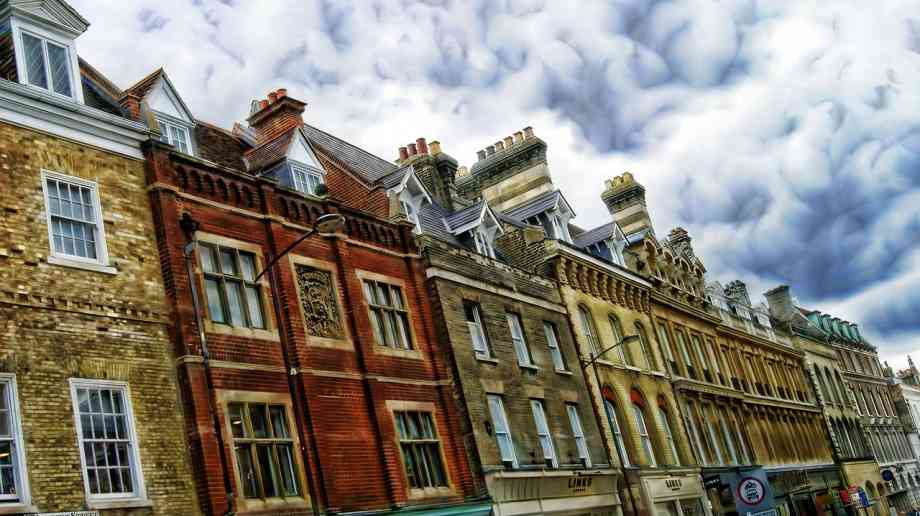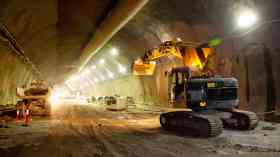Sue Robb of 4Children talks to Julie Laughton and Alison Britton from the Department for Education about the role of childminders in delivering the 30 hours free entitlement.
Cambridge reducing carbon emissions by 658 tonnes

An annual report, produced by Cambridge City Council, has highlighted how the city is reducing carbon emissions from its buildings and operations.
The report reveals that projects completed this year, as well as those scheduled for completion in 2017-18, are expected to reduce the council’s CO2 emissions by 658 tonnes per year. Among the completed projects are the council’s decision to replace seven diesel vehicles in its fleet with electric vans and the installation of low energy LED lighting and motion sensors in Grand Arcade and Grafton East car parks.
The council has highlighted the progress it has made against its five objectives through its Climate Change Strategy 2016-21, including reducing emissions from transport, reducing consumption of resources and increasing recycling, assisting residents to reduce their domestic carbon emissions and adapting to the impacts of climate change.
In the ten years from 2005-15, carbon emissions per capita in Cambridge have reduced from 6.7 to 4.2 tonnes per person – a reduction of 29 per cent.
Richard Robertson, executive councillor for Finance and Resources, said: “Work to reduce carbon emissions and lessen the effects of climate change is one of the most important tasks facing the council, the city and the whole planet in the coming years. This report shows that we are on course to reduce our own carbon emissions by up to 20 per cent by 2021, which will be an important milestone on the path towards making Cambridge a ‘zero carbon’ city by 2050, which we aspire to help achieve.”
Company Focus
The Isuzu D-Max is a rugged workhorse that can fulfil a myriad of purposes as both a business and personal vehicle. Consequently, the D-Max is a particularly popular choice when it comes to farming, construction, and trade industries. Uncompromising in nature, the D-Max strives to be the ideal companion for many business needs.
Event Diary
UKREiiF has quickly become a must-attend in the industry calendar for Government departments and local authorities.
The multi-award-winning UK Construction Week (UKCW), is the UK’s biggest trade event for the built environment that connects the whole supply chain to be the catalyst for growth and positive change in the industry.
Supplier Profiles
Geo Energy
At GeoEnergy Design, we're on a mission to disrupt the traditional way heating and cooling ha
Latest Features
Professor Harith Alani, director of the Knowledge Management Institute at the Open University explains how AI can be used for good and bad.
Alex Lawrence, head of health & social care, techUK sets out techUK’s Five Point Plan for CareTech.

















